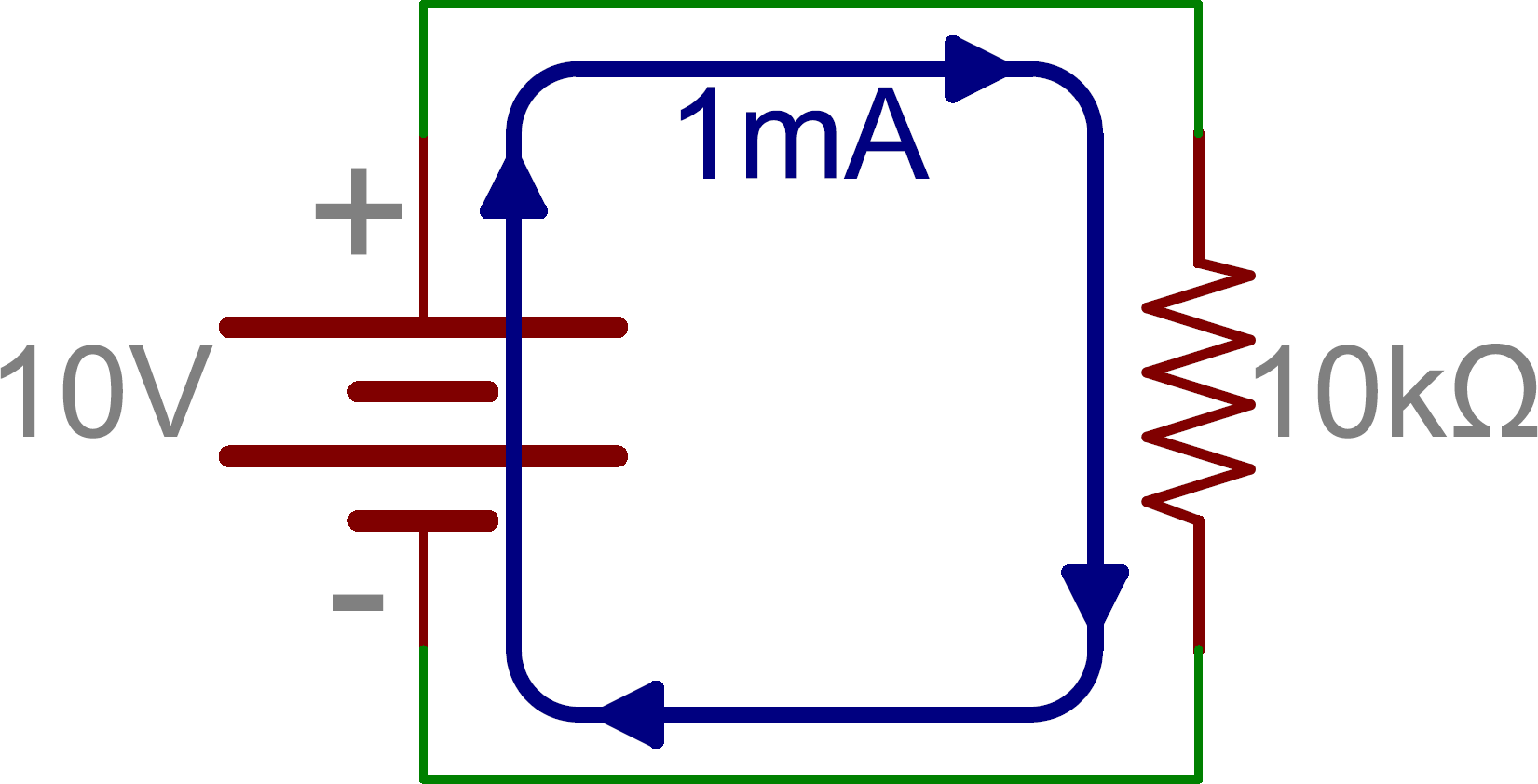Electrical electronic series circuits resistors in and parallel physics tutorial circuit stickman how to calculate the resistance of a combination which has four with two known values r4 2 r3 4 voltage 12 r1 part r2 calculator dipslab com drop across resistor learn sparkfun chapter components arduino go cur electricity lab safety equipment precautions pdf free activity adalm1000 analog devices wiki difference between comparison chart globe pictures sources formula add electrical4u solve 10 steps wikihow ohm s law as we saw chegg home tutoring electronics computers serial vs measuring measure multiple batteries connected string array or microcontrollers analysis techniques for textbook course hero simple examples academia connection should i quora dc explained included engineering mindset solved ii find phyrockz experiment 19 resistances use multimeter dengarden module 1 you tinkercad site build

Electrical Electronic Series Circuits

Resistors In Series And Parallel

Physics Tutorial Parallel Circuits

Parallel Circuit Stickman Physics

Resistors In Series And Parallel
How To Calculate The Resistance Of A Combination Circuit Which Has Four Resistors With Two Known Values R4 2 R3 4 And Voltage 12 R1 Part Series R2

Series And Parallel Circuit Calculator Dipslab Com

How To Calculate The Voltage Drop Across A Resistor In Parallel Circuit

Resistors In Series And Parallel

Series And Parallel Circuits Learn Sparkfun Com

Series And Parallel Circuits Learn Sparkfun Com

Chapter 4 Components In Parallel And Series Arduino To Go

Cur Electricity Lab Series Parallel Circuits Safety And Equipment Precautions Pdf Free

Activity Series And Parallel Resistors Adalm1000 Analog Devices Wiki

Electrical Electronic Series Circuits

Series And Parallel Circuits Learn Sparkfun Com

Chapter 4 Components In Parallel And Series Arduino To Go

Difference Between Series And Parallel Circuit With Comparison Chart Globe
Electrical electronic series circuits resistors in and parallel physics tutorial circuit stickman how to calculate the resistance of a combination which has four with two known values r4 2 r3 4 voltage 12 r1 part r2 calculator dipslab com drop across resistor learn sparkfun chapter components arduino go cur electricity lab safety equipment precautions pdf free activity adalm1000 analog devices wiki difference between comparison chart globe pictures sources formula add electrical4u solve 10 steps wikihow ohm s law as we saw chegg home tutoring electronics computers serial vs measuring measure multiple batteries connected string array or microcontrollers analysis techniques for textbook course hero simple examples academia connection should i quora dc explained included engineering mindset solved ii find phyrockz experiment 19 resistances use multimeter dengarden module 1 you tinkercad site build